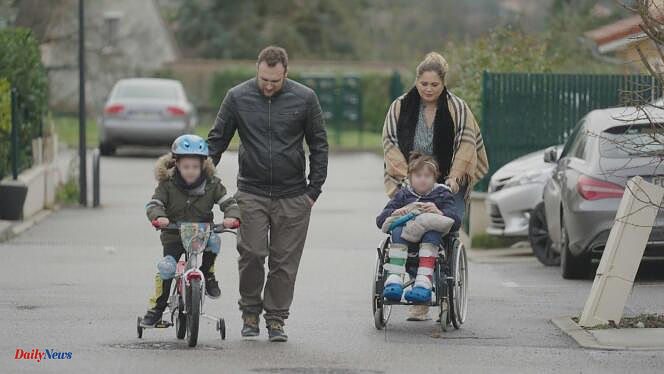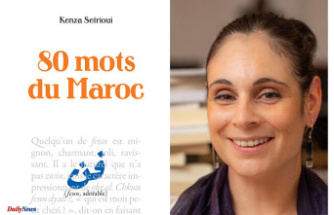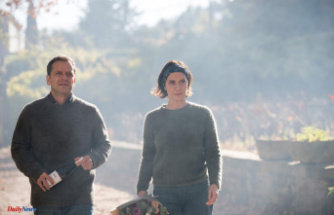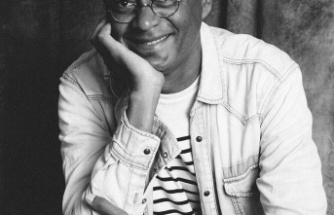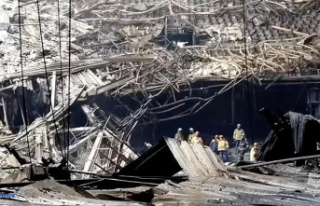Shortage of personnel, unqualified teams, lack of reception structures, serious educational deficiencies, suspicions of mistreatment... It is an overwhelming series of failures of the State in the care of people with disabilities in France that is denounced this survey. There are 12 million people affected, or nearly one in five French people, which would make disability “the leading cause of discrimination” in our country, says the voice-over.
“We gave a voice to those we never hear,” explain the authors: people with disabilities, of course – they still need to be able to testify – but also their families, “ many feel abandoned", as well as the staff responsible for their education or care.
Through the poignant experience of Chloé, an 11-year-old girl with intellectual disabilities, the mirages of the “inclusive school” are highlighted. To infiltrate the school environment, a journalist was recruited by the national education system as “accompanying students with disabilities” (AESH), supervisors who help children during lessons. Insecurity, low pay, difficult working conditions... although essential for educational inclusion, they are sorely lacking. Hundreds of positions are to be filled.
Hurtful thoughts
The hidden camera report reveals a reality usually confined within the school grounds. A “total disorganization” of the college concerned, in this case: twelve students with disabilities had to wait several weeks before a specialized teacher arrived in the ULIS class (localized unit for educational inclusion). Candidates, here again, are rare to teach in these systems adapted to the level of disabled students. As a result, in regular class, Chloé drops out and withdraws into herself. And when the “specialized” teacher finally arrives… she seems to have other priorities than teaching the children, to whom she distils hurtful thoughts. “I want to be dead,” Chloe says, without anyone worrying! Except the AESH... who are advised by the school director to keep the truth from their parents.
The documentary then points out the lack of places in specialized structures, their sometimes unsanitary conditions. Today, thirty thousand children and their families are left without a solution in France, reduced to living in isolation. There would also be a shortage of fifty thousand caregivers in these specialized institutes, hence the tragic abuses revealed here.
Thus Sandrine, who alone raises her son Arthur, 7 years old, suffering from severe autism. For years, she has been asking for a place in a specialized institute and threatening, in desperation, to chain herself to the regional health agency. As for the parents of Gaétan, a 27-year-old autistic young man, they took legal action for mistreatment of their son, housed in a home: following a probable drug overdose, he spent several weeks in intensive care. In addition, he had a significant fracture in his shoulder, and his parents found a glove in his diapers.
To what extent are these dramatic deficiencies representative of disability care in France, this black box where silence reigns? And most importantly, how can we fix it?

